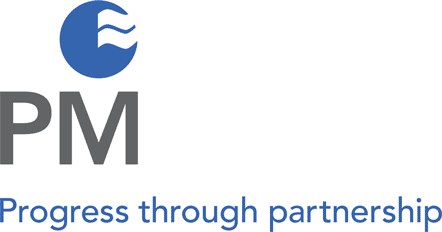
I look out from the hospitality suite over the Stadium pitch, an array of temporary structures housing 1200 hospital beds, where once I witnessed Wales beating Ireland to carry off the Grand Slam – surreal!
Over the past few weeks, our team has worked hard with colleagues across the Health Board to create this “surge capacity” “field hospital”, both phrases a part of our new vocabulary. The forecast demand for beds to provide care for patients infected with Coronavirus means it’s all hands on deck. We must expand critical care capacity, converting theatre and recovery spaces and considering how we provide cover with knowledgeable and skilled pharmacy staff to contribute to the multi-professional team; an exponential learning curve, navigated at breakneck speed.
Responsive, flexible and patient-focussed – claims we all shared previously but now taking on a whole new meaning at this weird and challenging time. Adjusting ward stock lists, learning how to “don” and “doff” personal protective equipment, working out how best to deliver patient-facing pharmacy services whilst minimising the risk of viral transmission, supporting implementation of new treatments and clinical trials, managing the fragile supply chain of critical care medicines and getting palliative and end of life medicines to care home patients in need. Learning at pace and responding to the demands of daily changes while the wider world learns about shielding, social distancing and catching up with loved ones via Facetime.
Proud to be part of the NHS and of the pharmacy professions, with a clarity of purpose and unique contribution to patient care, our focus is safe, effective and appropriate use of medicines. As changes came thick and fast, we had to ensure that all our staff had the resilience and support to fully utilise their skills and work with MDT colleagues. Pressures of patient numbers at ward level were felt quickly and required a review of service provision. Early expansion of opening hours, especially at weekends, were positively supported by staff across all teams.
Building on a collaborative working culture across the NHS, we established positive sharing of solutions to common challenges and problems. Acceptance of the principle of mutual aid allowed us to maintain essential medicines supplies across healthcare organisational boundaries. Within pharmacy, specialists from procurement, technical and clinical services came together to apply their individual and team expertise for patient benefit. With strong and effective leadership, adapting to virtual meetings using Zoom and Skype, we minimised duplication of effort, developing and sharing standard operating procedures.
Working across primary and community care, with medical, nursing and paramedic colleagues, we learned how best to ensure patients (and their carers) who needed timely access to palliative care medicines, got them. The experience of military personnel in delivering logistics solutions allowed us to map and establish systems to supply the medicines for optimal end of life symptom management, across urban and rural locations.
A learning culture has ensured we have responded at a local and national level, to maintain and develop responsive and patient-focussed pharmacy services. “Every day is a school day” but who can have expected that in 2020, all our schools would close but our learning on all other fronts would accelerate.
